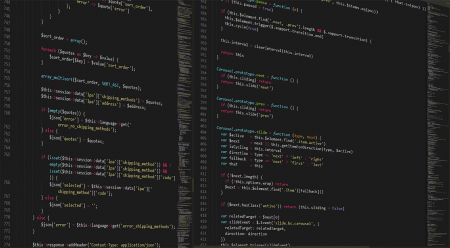Требуется перевод без переводчика! The Fourth Estate roles of journalists are
Требуется перевод без переводчика! The Fourth Estate roles of journalists are important to examine as it forms the basis for the legitimization of the commercial basis of news media. That is to say, the Fourth Estate ideal argues that news media should be on a for-profit commercial basis because this will cause them to work harder to expose government corruption, a commodity that the audience wants to consume. For example, Thailand and China have different political-economic configurations and relationship to Fourth Estate ideals, especially in comparison to the USA and UK. The view of the news media as the Fourth Estate developed in the nineteenth century from the ideas of J. Locke (1689), C. Montesquieu (1750) and J. Madison (1788) concerning the separation of powers in government. Whereas they envisioned some separation of the three estates (such the executive, legislative and judicial powers, or the monarchy, the lords and the commons) so as to check against corruption and concentration of power, early newspapermen posited their role in society was to act as the fourth power, serving the interests of the newly emerging bourgeoisie. This is a highly normative conception for the role of journalism, that of the press as a watchdog on abuses of power in government. If the press fails to act as such a watchdog, it is usually blamed on two reasons. Firstly is that the press as a site of inter-elite transactions. In this way, the news media fail to act as a proper watchdog because they are being used for political means for different politicians to attack each other. Secondly, we have the notion that the press is used by power brokers, usually media owners and their close friends, as an attack dog on their enemies. Thus, any watchdog actions by the news media are illegitimate because journalists are being used as weapons by businesses and political interests. However, in the end both of these perspectives views the Fourth Estate ideal as the one that should be reached. As J. O. Hearns-Branaman examined (in 2011 amp;amp; 2013), the discourses that American and British journalists use to talk about their Fourth Estate role in relationship to power and the truth are highly problematic. Power is discussed as being something highly inter-personal, and journalists frequently cite the lack of control over their product by the lack of direct interference by their bosses and government officials. More abstract, structural and systematic influences in their job, such as the socialization of journalists through rewards, punishment, and other means, are not discussed. Furthermore, journalists hold dialectically contradictory views of the truth in news media. They both see the need for a Realist epistemology in which news gives the truth to the audience, and a more Pragmatic, or market place-of-ideas, approach in which multiple sides of a situation and competing, contingent truths need to be given in order for the audience to make up their own minds.
Задать свой вопрос-
Вопросы ответы
Статьи
Информатика
Статьи
Математика.
Физика.
Математика.
Разные вопросы.
Разные вопросы.
Математика.
Разные вопросы.
Математика.
Физика.
Геометрия.




